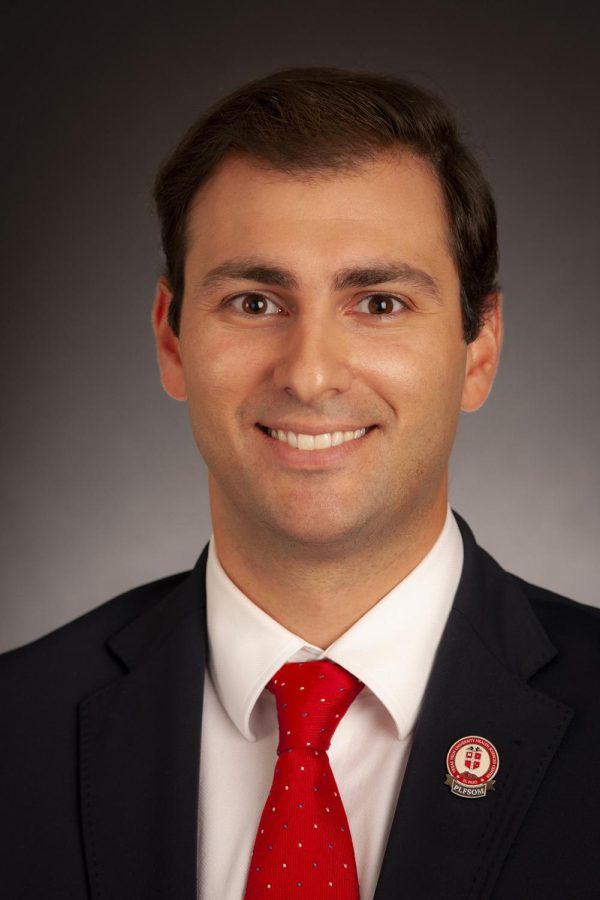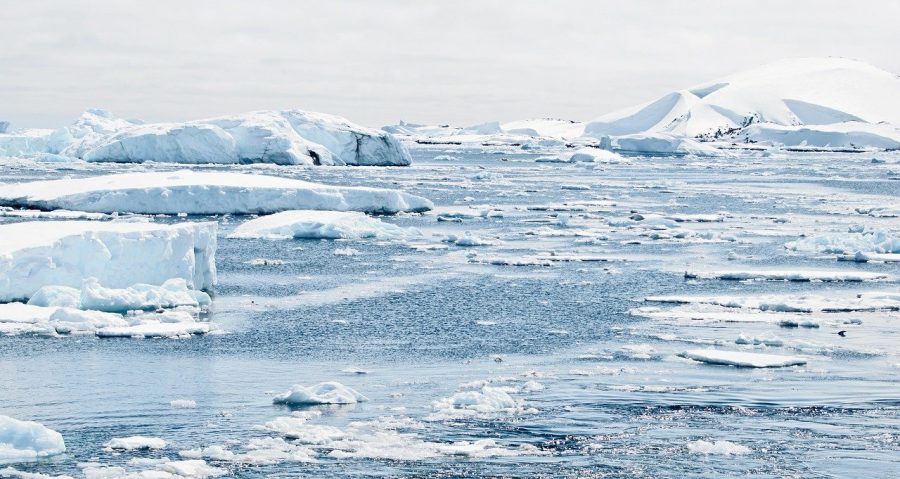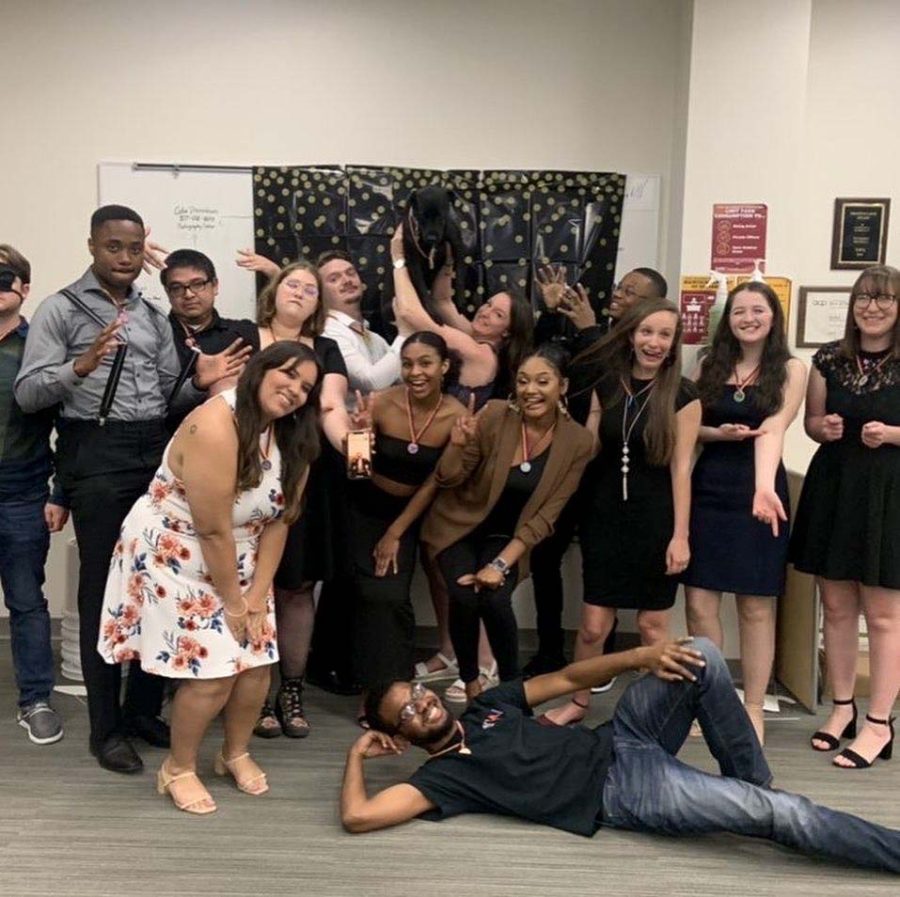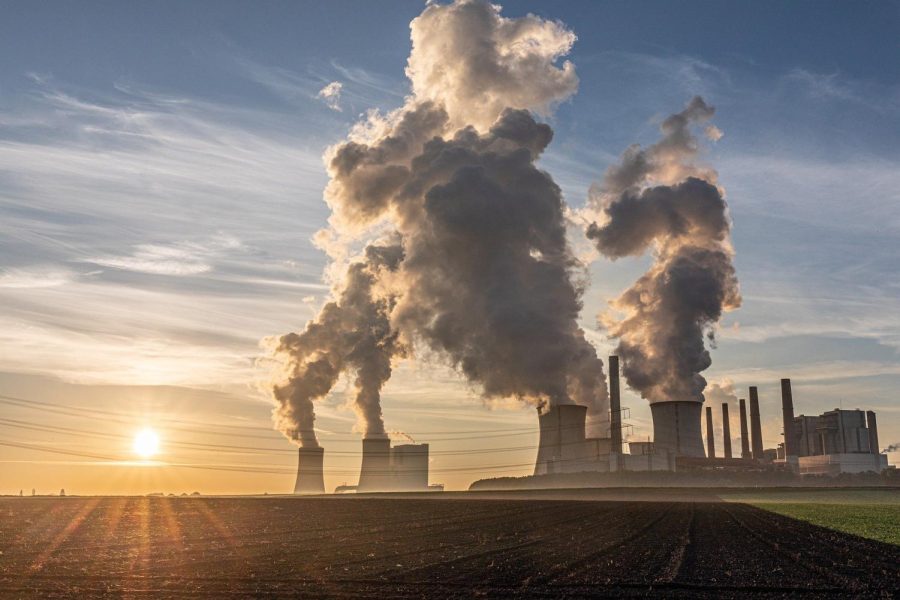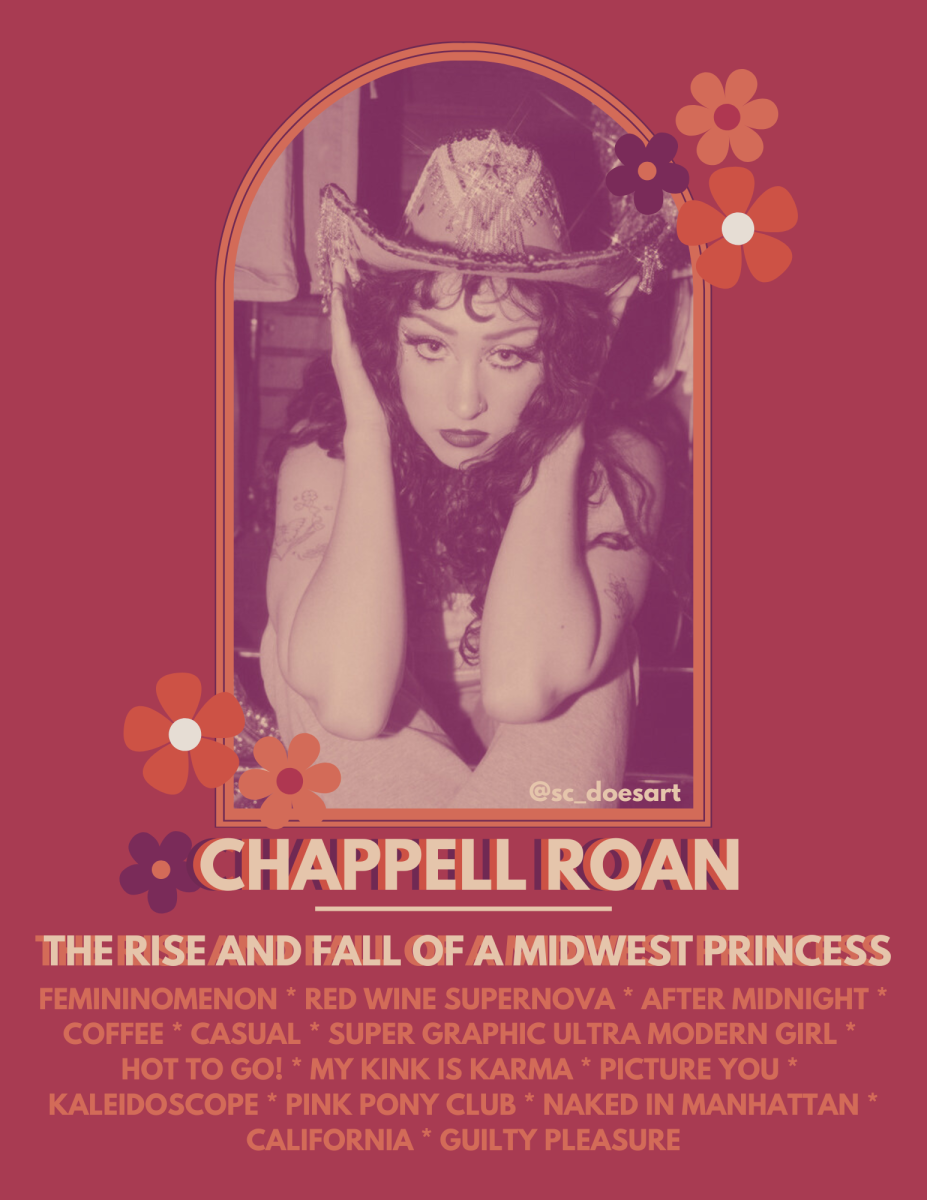
Let’s take it back to August 2013, for a second. Aug. 13, to be exact. My first day in the United States of America. I cannot put into words how excited I was to be here.
I heard so many great things about this country, “the super power of the world,” “the land of opportunity,” “the nation that sneezes, and the rest of the world catches a cold.” Despite the unexpected humidity and heat that welcomed me in Dallas, I felt like I could conquer the world. I had plans to try out different foods and go places. The little kid inside me could not contain herself. I wanted to visit New York – I had always dreamed of standing in Times Square, and I wanted to try nachos like I’d seen on American TV.
I couldn’t believe it – a regular girl from Zimbabwe had made it here. It felt good, I was finally in America, and all those things I grew up seeing on TV would finally become my reality- snow, constant electricity, Wi-Fi everywhere and the American accent (which, by the way, I had planned to speak like an “ American”).
Fast-forward to today. America is not what the media portrays it to be back home. Everyone is not rich. People are still suffering. It is not as clean as shown on TV and there are more homeless people than I imagined. A part of me felt like I had been deceived.
But my biggest disappointment came from how ignorant some Americans were. “So, Wadzy, is your father a King back home?”, someone asked, as if I could only afford to come here if I hailed from African royalty. “Do you have animals like giraffes and lions inside your house?” the other asked.
The best one was when a fellow student asked when I started wearing real clothes. Out of both annoyance and anger, I told her I got on the plane wearing animal skins and when I got to America, I went straight to a Forever 21 store and bought these pieces of material which I am wearing now.
This made me question what Americans think of when they imagine Africa.
The predominant story that has defined Africa’s image paints it as a place of poverty, famine and suffering. A place devoid of happiness where people live without access to clean water or electricity. The media has over-exploited the poor conditions in Africa to generate sympathy, sell newspapers and increase charitable donations. It is undeniable that there is suffering in most African countries – be it economic, political, or social. This suffering undeniably exists but it is just one story of Africa.
Africa is also home to beautiful people, music and places, just like the rest of the world. Just like America is not all glittering skyscrapers and endless riches, Africa is not all famine and misfortune.
There are not enough stories out of Africa that are transcendent, that aren’t about dictators, degradation, or to be perfectly frank “a white savior” at the center of the story.
I look back at how I wanted to become “American” when I came here, but now I am proud to be Zimbabwean, to be African. I have fallen in love with my roots. I am who I am today because of my culture. Maybe one day the world will be just as proud of my culture.
Wadzanai Dzvurumi is a marketing junior.





